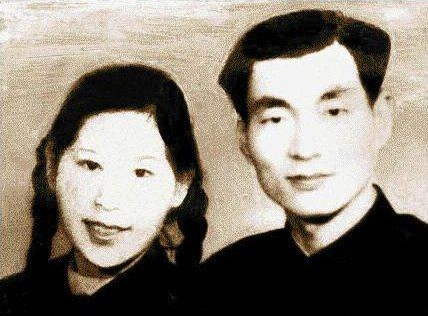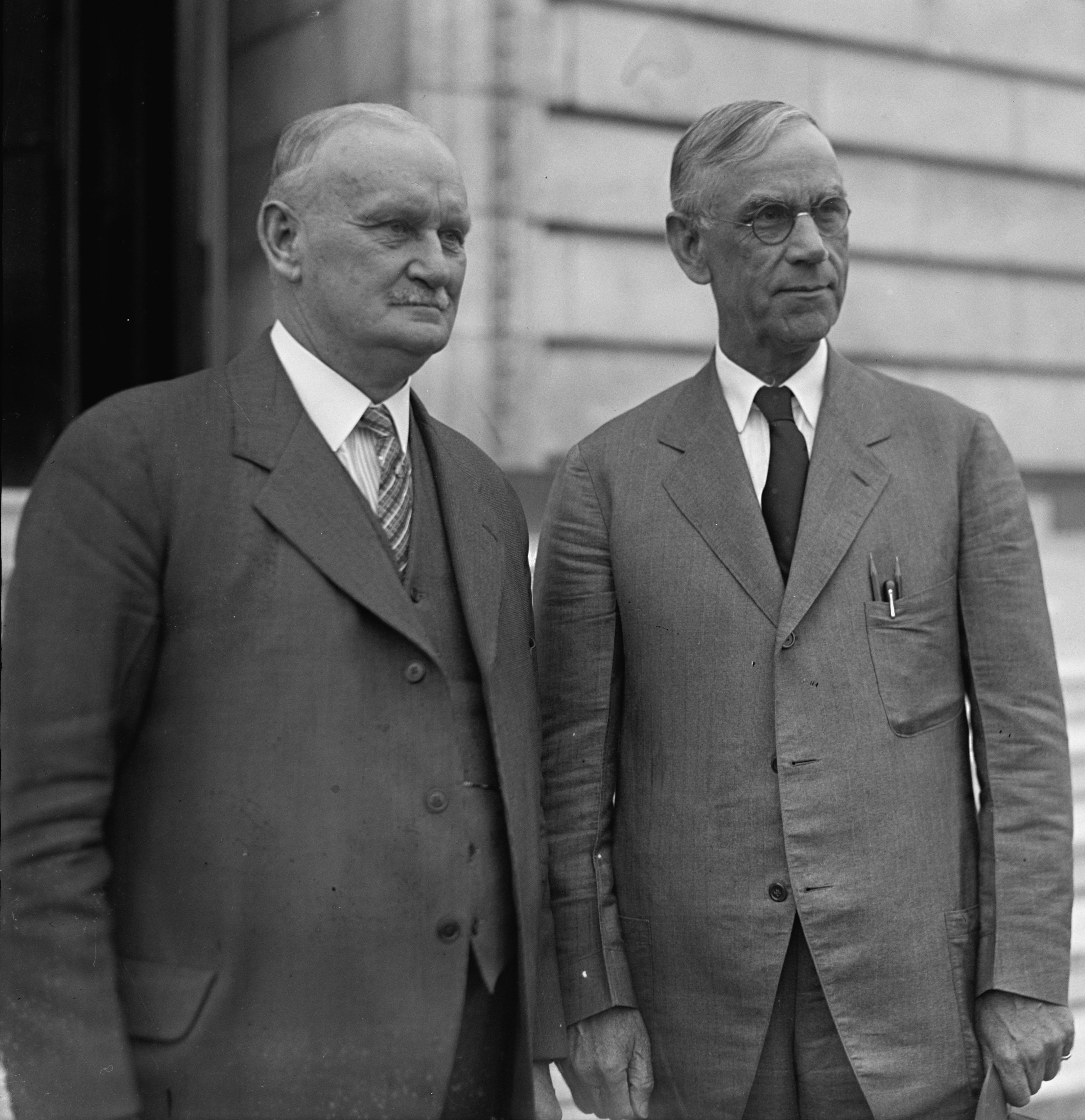|
China And The World Trade Organization
China became a member of the World Trade Organization (WTO) on 11 December 2001, after the agreement of the Ministerial Conference. The admission of China to the WTO was preceded by a lengthy process of negotiations and required significant changes to the Chinese economy. China's membership in the WTO has been contentious, with substantial economic and political effects on other countries (some times referred to as the China shock), and controversies over the mismatch between the WTO framework and China's economic model. Background Until the 1970s, China’s economy was managed by the communist government and was kept closed from other economies. Together with political reforms, China in the early 1980s began to open its economy and signed a number of regional trade agreements. China gained observer status with GATT and from 1986, began to work towards joining that organisation. China aimed to be included as a WTO founding member (which would validate it as a world economic ... [...More Info...] [...Related Items...] OR: [Wikipedia] [Google] [Baidu] |
China
China, officially the People's Republic of China (PRC), is a country in East Asia. It is the world's most populous country, with a population exceeding 1.4 billion, slightly ahead of India. China spans the equivalent of five time zones and borders fourteen countries by land, the most of any country in the world, tied with Russia. Covering an area of approximately , it is the world's third largest country by total land area. The country consists of 22 provinces, five autonomous regions, four municipalities, and two Special Administrative Regions (Hong Kong and Macau). The national capital is Beijing, and the most populous city and financial center is Shanghai. Modern Chinese trace their origins to a cradle of civilization in the fertile basin of the Yellow River in the North China Plain. The semi-legendary Xia dynasty in the 21st century BCE and the well-attested Shang and Zhou dynasties developed a bureaucratic political system to serve hereditary monarchies, or dyna ... [...More Info...] [...Related Items...] OR: [Wikipedia] [Google] [Baidu] |
Zhu Rongji
Zhu Rongji (; IPA: ; born 23 October 1928) is a retired Chinese politician who served as Premier of the People's Republic of China from 1998 to 2003 and CCP Politburo Standing Committee member from 1992 to 2002 along with the Chinese Communist Party's general secretary Jiang Zemin. In his capacity as First Vice-Premier and Premier, Zhu was regarded as the leading figure behind China's economic policy in the 1990s and early 2000s. He also served as Mayor of Shanghai from 1988 to 1991 and Communist Party secretary of Shanghai from 1989 to 1991. He served alongside CCP leader Jiang Zemin and had a testy relationship with Jiang. Zhu had a reputation as a tough but pragmatic administrator. During his office, China's economy saw double digit growth. Zhu was also much more popular than his predecessor Li Peng among the Chinese public. However, Zhu's opponents stipulate that his tough and pragmatic stance on policy was unrealistic and unnecessary, and many of his promises were left un ... [...More Info...] [...Related Items...] OR: [Wikipedia] [Google] [Baidu] |
Pressure Group
Advocacy groups, also known as interest groups, special interest groups, lobbying groups or pressure groups use various forms of advocacy in order to influence public opinion and ultimately policy. They play an important role in the development of political and social systems. Motives for action may be based on political, religious, moral, or commercial positions. Groups use varied methods to try to achieve their aims, including lobbying, media campaigns, awareness raising publicity stunts, polls, research, and policy briefings. Some groups are supported or backed by powerful business or political interests and exert considerable influence on the political process, while others have few or no such resources. Some have developed into important social, political institutions or social movements. Some powerful advocacy groups have been accused of manipulating the democratic system for narrow commercial gain and in some instances have been found guilty of corruption, fraud, ... [...More Info...] [...Related Items...] OR: [Wikipedia] [Google] [Baidu] |
Human Rights
Human rights are Morality, moral principles or Social norm, normsJames Nickel, with assistance from Thomas Pogge, M.B.E. Smith, and Leif Wenar, 13 December 2013, Stanford Encyclopedia of PhilosophyHuman Rights Retrieved 14 August 2014 for certain standards of human behaviour and are regularly protected in Municipal law, municipal and international law. They are commonly understood as inalienable,The United Nations, Office of the High Commissioner of Human RightsWhat are human rights? Retrieved 14 August 2014 fundamental rights "to which a person is inherently entitled simply because she or he is a human being" and which are "inherent in all human beings",Burns H. Weston, 20 March 2014, Encyclopædia Britannicahuman rights Retrieved 14 August 2014. regardless of their age, ethnic origin, location, language, religion, ethnicity, or any other status. They are applicable everywhere and at every time in the sense of being Universality (philosophy), universal, and they are Egalitari ... [...More Info...] [...Related Items...] OR: [Wikipedia] [Google] [Baidu] |
Jackson–Vanik Amendment
The Jackson–Vanik amendment to the Trade Act of 1974 is a 1974 provision in United States federal law intended to affect U.S. trade relations with countries with non-market economies (originally, countries of the Communist bloc) that restrict freedom of Jewish emigration and other human rights. The amendment is contained in the Trade Act of 1974 which passed both houses of the United States Congress unanimously, and signed by President Gerald Ford into law, with the adopted amendment, on January 3, 1975. Over time, a number of countries were granted conditional normal trade relations subject to annual review, and a number of countries were liberated from the amendment. On December 14, 2012, President Barack Obama signed the Magnitsky Act (formally titled the Russia and Moldova Jackson–Vanik Repeal and Sergei Magnitsky Rule of Law Accountability Act of 2012) that repealed the application of the Jackson–Vanik amendment to Russia and gave normal US trade relations to Russia and M ... [...More Info...] [...Related Items...] OR: [Wikipedia] [Google] [Baidu] |
United States Congress
The United States Congress is the legislature of the federal government of the United States. It is bicameral, composed of a lower body, the House of Representatives, and an upper body, the Senate. It meets in the U.S. Capitol in Washington, D.C. Senators and representatives are chosen through direct election, though vacancies in the Senate may be filled by a governor's appointment. Congress has 535 voting members: 100 senators and 435 representatives. The U.S. vice president has a vote in the Senate only when senators are evenly divided. The House of Representatives has six non-voting members. The sitting of a Congress is for a two-year term, at present, beginning every other January. Elections are held every even-numbered year on Election Day. The members of the House of Representatives are elected for the two-year term of a Congress. The Reapportionment Act of 1929 establishes that there be 435 representatives and the Uniform Congressional Redistricting Act requires ... [...More Info...] [...Related Items...] OR: [Wikipedia] [Google] [Baidu] |
Korean War
, date = {{Ubl, 25 June 1950 – 27 July 1953 (''de facto'')({{Age in years, months, weeks and days, month1=6, day1=25, year1=1950, month2=7, day2=27, year2=1953), 25 June 1950 – present (''de jure'')({{Age in years, months, weeks and days, month1=6, day1=25, year1=1950) , place = Korean Peninsula, Yellow Sea, Sea of Japan, Korea Strait, China–North Korea border , territory = Korean Demilitarized Zone established * North Korea gains the city of Kaesong, but loses a net total of {{Convert, 1506, sqmi, km2, abbr=on, order=flip, including the city of Sokcho, to South Korea. , result = Inconclusive , combatant1 = {{Flag, First Republic of Korea, name=South Korea, 1949, size=23px , combatant1a = {{Plainlist , * {{Flagicon, United Nations, size=23px United Nations Command, United Nations{{Refn , name = nbUNforces , group = lower-alpha , On 9 July 1951 troop constituents were: US: 70.4%, ROK: 23.3% other UNC: 6.3%{{Cite ... [...More Info...] [...Related Items...] OR: [Wikipedia] [Google] [Baidu] |
Smoot–Hawley Tariff Act
The Tariff Act of 1930 (codified at ), commonly known as the Smoot–Hawley Tariff or Hawley–Smoot Tariff, was a law that implemented protectionist trade policies in the United States. Sponsored by Senator Reed Smoot and Representative Willis C. Hawley, it was signed by President Herbert Hoover on June 17, 1930. The act raised US tariffs on over 20,000 imported goods. The tariffs under the act, excluding duty-free imports (see Tariff levels below), were the second highest in United States history, exceeded by only the Tariff of 1828. The Act prompted retaliatory tariffs by affected states against the United States. The Act and tariffs imposed by America's trading partners in retaliation were major factors of the reduction of American exports and imports by 67% during the Depression. Economists and economic historians have a consensus view that the passage of the Smoot–Hawley Tariff worsened the effects of the Great Depression. Sponsors and legislative history In 1922, Co ... [...More Info...] [...Related Items...] OR: [Wikipedia] [Google] [Baidu] |
Joint Communiqué On The Establishment Of Diplomatic Relations
The Joint Communiqué on the Establishment of Diplomatic Relations of January 1, 1979, established official relations between the United States and the People's Republic of China (commonly called "China"). Its announcement coincided with the ending of U.S. official recognition of the Republic of China (now commonly known as "Taiwan"), which was announced by President Jimmy Carter in December 1978. Carter also announced the withdrawal of all U.S. military personnel from Taiwan and the end of the Sino-American Mutual Defense Treaty signed with the ROC. However, the Taiwan Relations Act passed by the unequivocal support of US Congress (and signed by the Carter Administration) shortly thereafter continued to provide the legal framework as a US domestic law to maintain commercial, cultural, and other relations without official Government representation and without diplomatic relations of the unofficial relations in the form of the American Institute in Taiwan. Beyond formal recognitio ... [...More Info...] [...Related Items...] OR: [Wikipedia] [Google] [Baidu] |
1999 Seattle WTO Protests
The 1999 Seattle WTO protests, sometimes referred to as the Battle of Seattle, were a series of protests surrounding the WTO Ministerial Conference of 1999, when members of the World Trade Organization (WTO) convened at the Washington State Convention and Trade Center in Seattle, Washington on November 30, 1999. The Conference was to be the launch of a new millennial round of trade negotiations. The negotiations were quickly overshadowed by massive street protests outside the hotels and the Washington State Convention and Trade Center. The protests were nicknamed "N30", akin to J18 and similar mobilizations, and were deemed controversial by the media. The large scale of the demonstrations, estimated at no fewer than 40,000 protesters, dwarfed any previous demonstration in the United States against a world meeting of any of the organizations generally associated with economic globalization, such as the WTO, the International Monetary Fund, and the World Bank. Organizations and ... [...More Info...] [...Related Items...] OR: [Wikipedia] [Google] [Baidu] |
World Trade Organization Ministerial Conference Of 1999
The WTO Ministerial Conference of 1999 was a meeting of the World Trade Organization, convened at the Washington State Convention and Trade Center in Seattle, Washington, USA, over the course of three days, beginning Tuesday, 30 November 1999. A week before the meeting, delegates admitted failure to agree on the agenda and the presence of deep disagreements with developing countries. Intended as the launch of a new round of multilateral trade negotiations that would have been called "The Millennium Round", the negotiations were marred by poor organization and controversial management of large street protests. Developing country representatives became resentful and uncooperative on being excluded from talks as the United States and the European Union attempted to cement a mutual deal on agriculture. The negotiations collapsed and were reconvened in Doha, Qatar, in November 2001. The Doha venue enabled on-site public protest to be excluded. Necessary agenda concessions were made to ... [...More Info...] [...Related Items...] OR: [Wikipedia] [Google] [Baidu] |


.jpg)




.jpg)
.jpg)